Bilco Factory Tour
Senior editor Patrick McCombe heads to Bilco's Zanesville, Ohio, plant to get a behind-the-scenes look at how basement doors are made.
In this special edition of Tool Tech, host Patrick McCombe takes viewers to Zanesville, Ohio, to see Bilco’s manufacturing plant. The company, widely known for its steel basement doors, also makes plastic basement doors and egress wells at the Zanesville facility. For the tour, Patrick meets up with Lee Bugglin, director of operations for residential products. Lee and Patrick explain the manufacturing process from stamping and forming to priming and packing.
Senior editor Patrick McCombe has been testing power tools on behalf of national publications for more than 15 years, and he regularly meets with product manufacturers to try out new introductions. In the Tool Tech series, Patrick reviews the latest tools and materials, discusses building technology, and shows time-tested techniques for better, more-efficient home building.
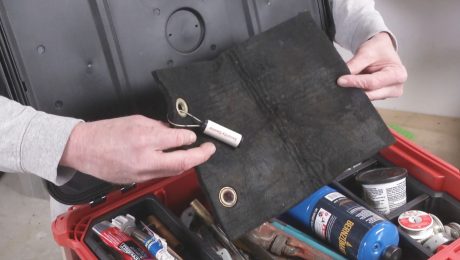
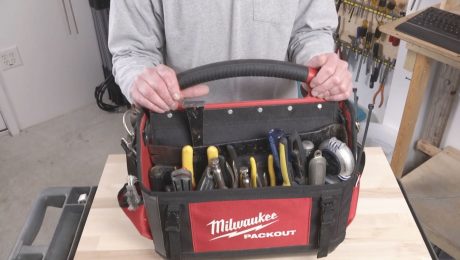
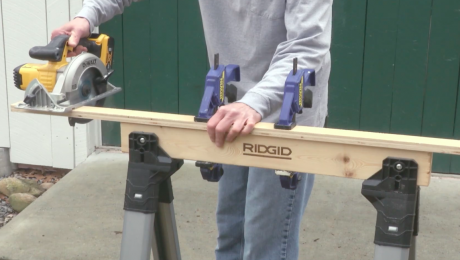
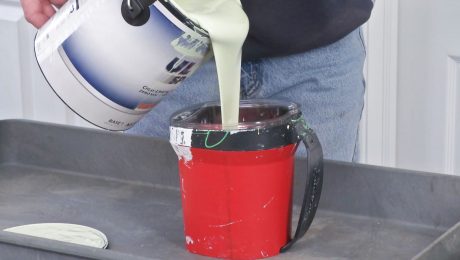


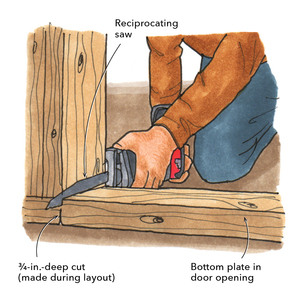
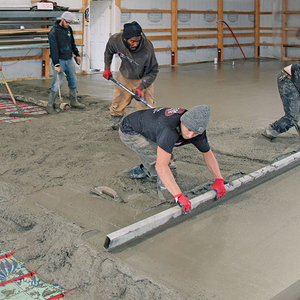
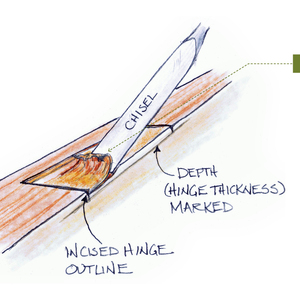
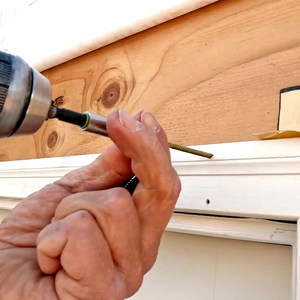



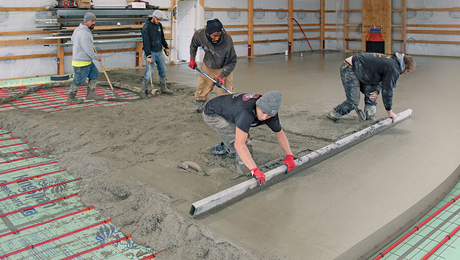

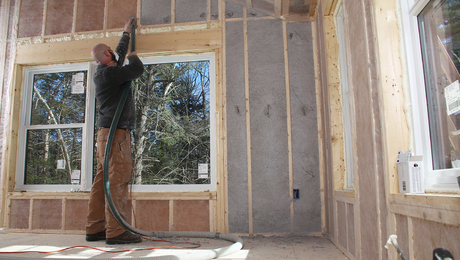

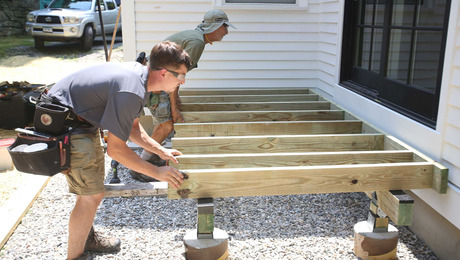
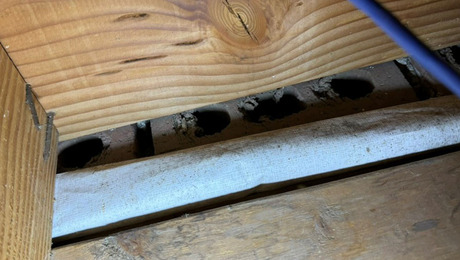
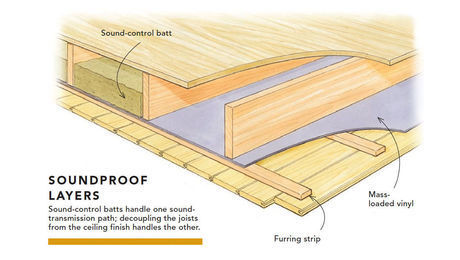










View Comments
I love factory tours. I worked in a sawmill back in college that was a fully automated OSB plant. Back then, they called it Wafer Wood. This was back in '86 in New Waverly, TX and owned by Lousisiana Pacific. Really cool equipment...
As a P.Eng (Mech), I love factory tours also but the press operator's hands near the press at 1:25 scared the bejeebers out me.
I'm going to be very blunt. That plant wouldn't have been state of the art even in the '80s. I can hardly believe it was commissioned as recently as 2007. Paying someone to spray paint? to weld? to lift doors onto a conveyor? to trim waste off the blow-molded doors and throw it on a conveyor?
As Warren Buffett might say, "there isn't a deep moat around this company" and it would appear that their doors could easily be copied and manufactured at significantly less cost.
Good job you done here!
Suburbanguy, I hear what you're saying and it's probably true.
However, the plant is in Zanesville, OH and that area was hit pretty hard in '08 and even harder before when a lot of manufacturing jobs left the area and country.
Perhaps this company would rather employ hard-working residents of the area instead of *just* making a higher profit.
As a free market capitalist, I don't see anything wrong with a company doing what it needs to do to make the most profit possible. Neither do I see anything wrong with them forsaking automation and lower costs so they can keep people employed.